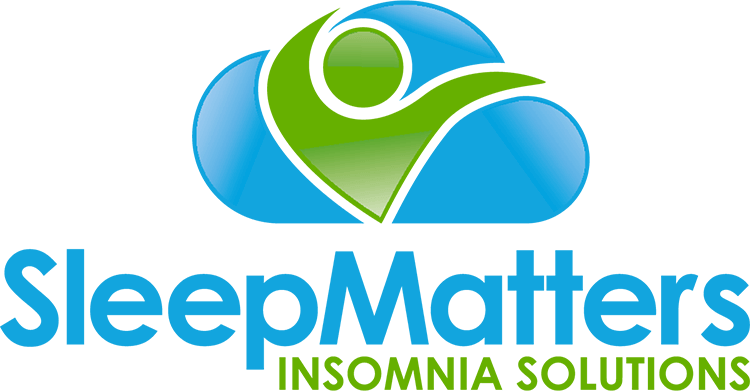In our fast-paced world, Insomnia is VERY common.
One in three Australian adults regularly struggle with their sleep and around 10 per cent of adults suffer from chronic insomnia. Insomnia is defined as a difficulty falling asleep or returning to sleep following night-time awakening, with significant negative impact on daytime functioning.
Insomnia can be triggered by many different things – stress, anxiety, chronic pain, nighttime disturbance (young kids, partner snoring), shift-work, depression and medical conditions to name a few.
Once Insomnia takes hold and becomes chronic, unhelpful sleep habits and/or high levels of anxiety and worry about not sleeping well come into the mix and keep the problem going. This is coupled with feeling tired and not functioning at your best during the day. This affects not only the sufferer of insomnia but also other family members, friends and work colleagues. Life becomes about how to get a decent sleep and how to cope during the day after a poor sleep.
There is a strong link between chronic insomnia and general well being. Insomnia has been linked to difficulties with anxiety and mood, work productivity, and recovery from a range of medical conditions.
Most people with Insomnia (up to 95%) are prescribed sleeping pills.
However, peak professional bodies recommend Cognitive Behaviour Therapy CBT-I as the first line treatment for Insomnia, often described as the ‘gold standard’ treatment. This is because CBT-I has been repeatedly shown in clinical trials to be the most effective long-term treatment.
CBT for Insomnia is a short-term treatment designed to help people change behaviours and thoughts that impact on their ability to sleep well. It helps encourage habits that promote a healthy pattern of sleep.
Interestingly, CBT for Insomnia is a relatively quick form of treatment, with one study suggesting that just 4 sessions should be considered the standard dose. Our experience at Sleep Matters echoes these findings, with the majority of clients responding with a significant improvement in their sleep and tiredness within 3-6 sessions.
The National Institutes of Health found CBT to be “as effective as prescription medications are for short-term treatment of chronic insomnia.” An advantage of CBT is that its benefits may last long after treatment sessions end. There also have been no reports of adverse side effects related to the treatment. Early research shows that CBT is also effective for treatment of insomnia secondary to depression, anxiety disorders, chronic pain, cancer and some other medical and psychological disorders.
Access to CBT-I has, however, been an issue – lack of trained staff and lack of knowledge of the treatment and its potential effectiveness are two large barriers to people accessing treatment.
Sleep Matters is a team of health professionals with specific training and experience in helping people with Insomnia.
For other posts on sleep, Insomnia and it’s treatment, have a look at the Sleep Matters Blog.
Please also see information about Sleep Matters and the treatment services we offer.
